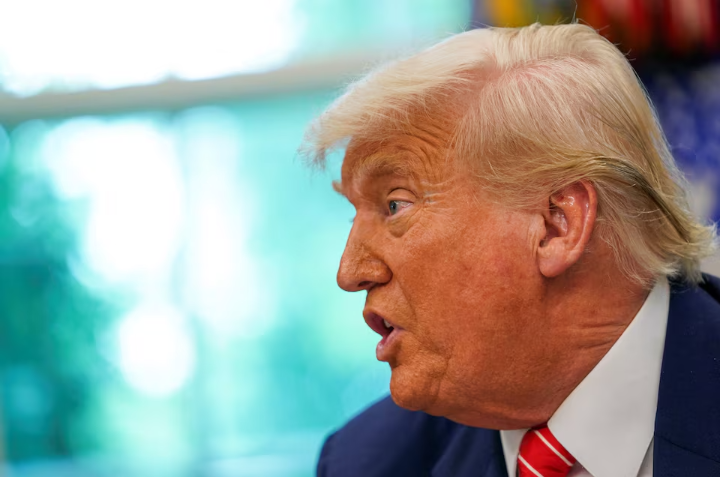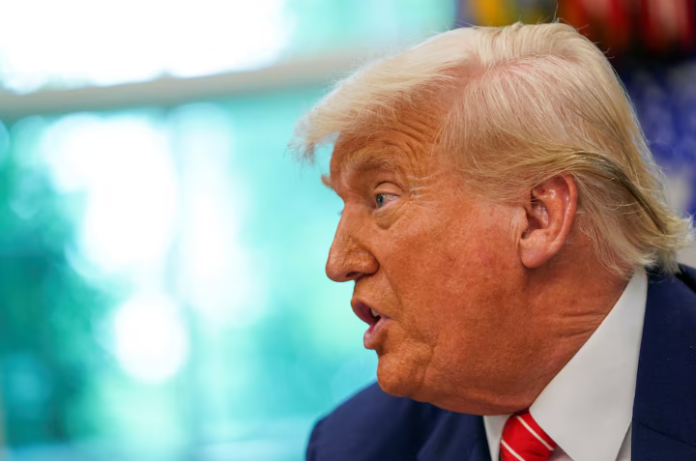In a surprising shift in U.S. foreign policy, the Trump administration has quietly shut down a multi-agency working group that was tasked with developing strategies to pressure Russia into serious peace negotiations with Ukraine. According to three U.S. officials who spoke to Reuters, the group, which had been established earlier in the year, gradually lost momentum in May and was eventually disbanded altogether.
The decision, sources say, reflects a deeper issue: President Donald Trump’s growing disinterest in pushing harder against Moscow. Despite his campaign promises to end the war in Ukraine quickly, Trump’s frustrations with the lack of progress appear to have led to a complete loss of focus. “It lost steam toward the end because the president wasn’t really involved,” one official revealed. “Instead of doing more, he seemed to want to do less.”
The group’s existence was never publicly acknowledged until now. Comprised of members from the National Security Council (NSC), State Department, Pentagon, and U.S. intelligence community, the team was responsible for crafting foreign policy options, particularly regarding Eastern Europe and Central Asia.
Its collapse is likely to concern U.S. allies in Europe, especially as tensions rise ahead of an important NATO summit later this month. Trump has already alarmed many by suggesting that removing Russia from the G8 more than a decade ago was a mistake, which analysts say may embolden Moscow.
The final blow to the group came about three weeks ago, when a broad sweep of firings at the NSC included the entire Ukraine-focused team. Among the key figures let go was Andrew Peek, the senior NSC official overseeing Russia and Europe.
Since then, any serious, coordinated effort to pressure the Kremlin has stalled. Trump, once eager to act as a peacemaker, has made little progress in key geopolitical conflicts—ranging from Ukraine to the Middle East. While his administration did help broker a ceasefire between India and Pakistan earlier this year, its efforts in Gaza and in deterring conflict between Israel and Iran have largely faltered.
The end of this Russia-focused task force follows a broader trend. In March, certain national security agencies also paused operations aimed at countering Russian disinformation and sabotage.

While Trump allies like Senator Lindsey Graham have called for tough new sanctions against Russia, Trump has remained vague—often blaming both Russia and Ukraine equally for the war. Officials say Trump could still opt for a tougher stance, but without the support of a dedicated team, options may be limited.
One official said the disbanded group was exploring ideas ranging from sanctions targeting former Soviet states aiding Russia, to covert operations, and even incentive packages to encourage countries like Kazakhstan to crack down on sanctions evasion. Kazakhstan’s government, which has been a key player in bypassing trade restrictions, did not comment on the matter.
Though the group’s exact recommendations remain classified, its dissolution signals a serious policy vacuum. Without a united front or structured plan, the U.S. risks losing influence in ongoing global negotiations, and Russia may seize this moment to solidify its position.



